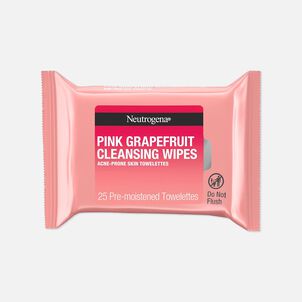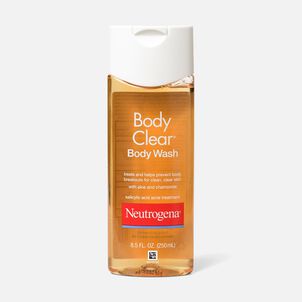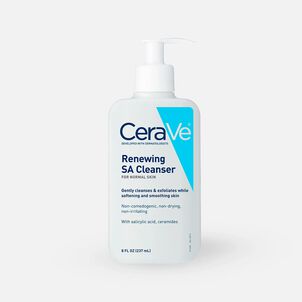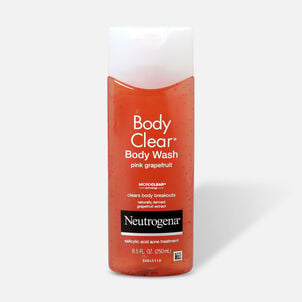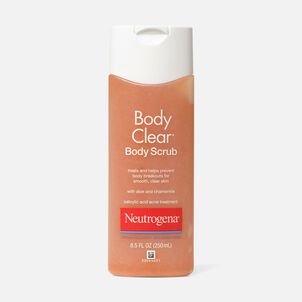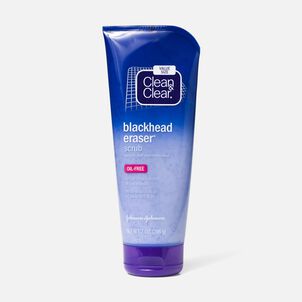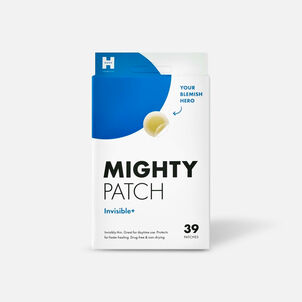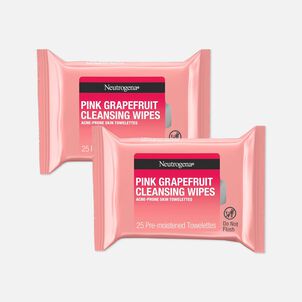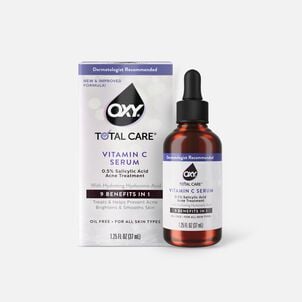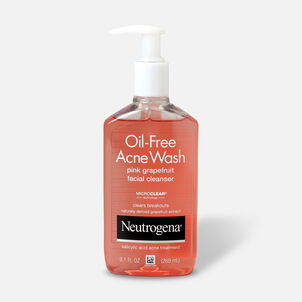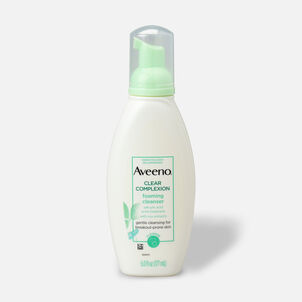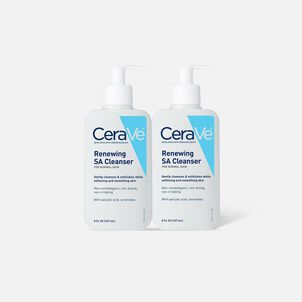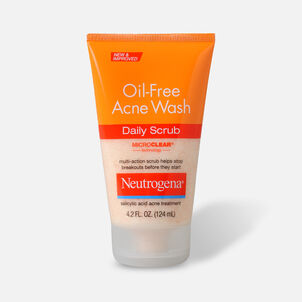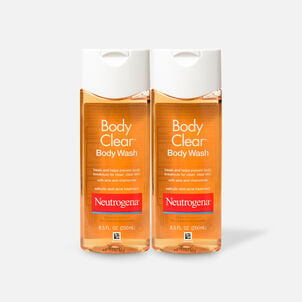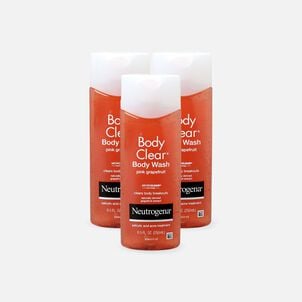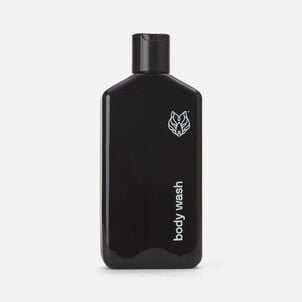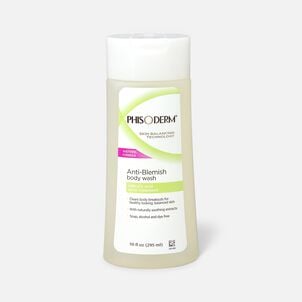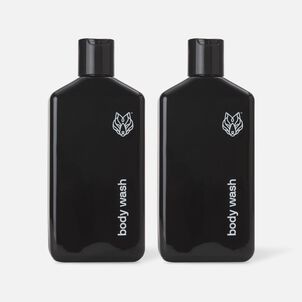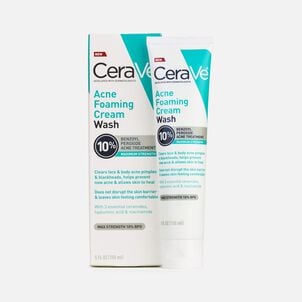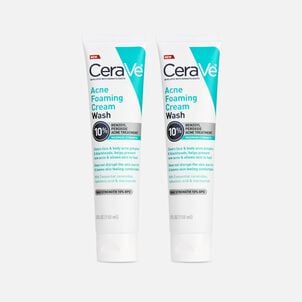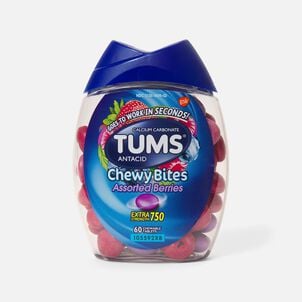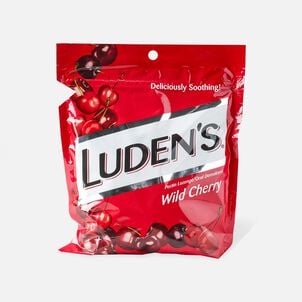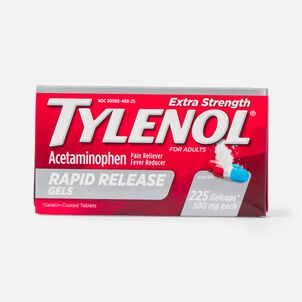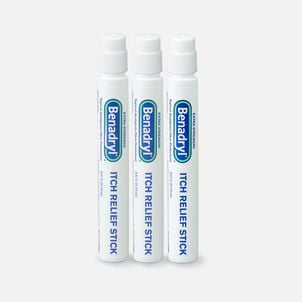There are a lot of acne treatments on the market, which is great news if you suffer from breakouts. But do you know which are considered FSA eligible? You may be surprised! Read on to learn about some of the most effective options that maximize your pre-tax savings.
Acne Use a Spot Treatment
A spot treatment is a cream or gel that includes active ingredients like salicylic acid or benzoyl peroxide to reduce blemishes quickly when applied directly to the spot. As with any treatment, everyone responds differently so you may need to experiment to see which ingredients work best for your breakouts.
Spot treatments are 100% FSA eligible.
Tip
Give each treatment a least a few weeks to see results (unless you have an obvious allergic reaction). Never layer multiple spot treatments on top of each other, as it can cause serious irritation and damage to your skin.
We recommend:
Glytone Acne BPO Treatment Gel offers a 5% benzoyl peroxide, and is a popular option for acne sufferers.
If your acne responds better to salicylic acid, try Clean & Clear Advantage Acne Spot Treatment. It offers a 2% concentration of salicylic acid.
Pimple Patches
Acne patches have emerged as a game-changer in the realm of spot treatments, offering a discreet and effective solution for managing pesky pimples–and they’re FSA eligible!
Unlike traditional spot treatments that can be messy and harsh on the skin, acne patches adhere seamlessly to the skin, providing targeted absorption of excess oils and impurities while promoting faster healing.
Tip
To make the most of acne patches, start with clean, dry skin and apply a patch directly onto each individual pimple. Allow the patch to remain in place for at least six hours, preferably overnight, to maximize its effectiveness.
We recommend:
Mighty Patch Original stands out as a reliable option that minimizes visibility while actively absorbing impurities. Plus, they come in various sizes for a precise and tailored treatment.
Visit a Dermatologist
If you've already tried different over-the-counter remedies with no success, it may be time to visit a dermatologist. A dermatologist can prescribe stronger topical and/or oral medications that may be able to clear up your acne.
A dermatologist can also diagnose other skin conditions that could be contributing to your acne. For example, fungal acne requires a different course of treatment than regular acne, and only a dermatologist will be able to determine which type you have.
This visit will be covered by your FSA, along with any medication the dermatologist prescribes. To schedule an appointment, you can get a referral from your primary care doctor or through your health insurance network.
Tip
You may need to visit a dermatologist multiple times to make sure the prescription is working. Stay on top of your treatment regimen, as outlined by your provider. You might need follow up visits to make sure the prescription is working best for you. You can get a referral from your primary care doctor or through your health insurance network.
Body Acne Treatments
Dealing with body acne can present unique challenges, given the thicker skin texture and varying degrees of sensitivity across different areas. Fortunately, you can turn to your FSA to access a range of eligible treatments.
From sprays to pads and specialized body washes, FSA-approved remedies offer tailored solutions for effectively managing body acne without compromising skin health.
Tip
You should also keep using a moisturizer on your body to prevent oil overproduction, which can lead to more breakouts. Start by using these treatments every other day to avoid drying out your skin.
We recommend:
After you shower, use the FSA eligible Glytone Acne Back & Chest Treatment Spray on your body acne. Let the spray dry before putting on clothes, which should only take a minute or so.
If you prefer using pads instead of a spray, you can use the Neutrogena Rapid Clear Treatment Pads on any body part experiencing acne. Both of these products have a 2% salicylic acid concentration.
Instead of using regular soap or body wash, you can use an acne-fighting body wash, like the Phisoderm Anti-Blemish Body Wash.
Keep Using Sunscreen
Both prescription and over-the-counter acne products can make your skin more sensitive to the sun, so it's still important to use sunscreen. Additionally, sunlight can worsen inflammation and skin discoloration, making acne harder to manage.
FSA eligible sunscreens are affordable options that provide effective protection against harmful UV rays, helping to prevent further skin damage while treating acne.
Tip
Make sure to use a facial sunscreen, which is designed not to clog your pores.
We recommend:
Use a broad spectrum sunscreen with an SPF 30 or more, like the Supergoop! Unseen Sunscreen. This is especially crucial if you're getting a lot of sunlight.
Phototherapy Treatments
Phototherapy, a treatment involving exposure to specific wavelengths of light, has shown effectiveness in reducing acne by targeting bacteria and inflammation.
With FSA coverage, you can access phototherapy sessions with a dermatologist or purchase devices to use at home, like LED masks, which provide a convenient and cost-effective way to incorporate this acne treatment into your skincare routine.
Tip
It may be helpful to consult with a dermatologist to determine the most suitable phototherapy approach for your skin type and condition.
We recommend:
Try the handheld Caring Mill™ Acne Blue Light Therapy Device, which is a gentle, non-invasive way to treat existing acne flare-ups and prevent breakouts. Acne light therapy penetrates deep into the skin, destroying bacteria that leads to acne.
Keep it Simple
When it comes to treating acne, your initial reaction may be to come at it with everything you’ve got. But simplicity is key when it comes to treating acne, as using too many products or complex routines can exacerbate irritation and disrupt the skin's natural balance. Opting for a minimalist approach with gentle cleansers, non-comedogenic moisturizers, and targeted treatments can help to effectively manage acne without overwhelming the skin.
Tip
Start with a basic skincare routine consisting of a gentle cleanser, a lightweight moisturizer, and a targeted acne treatment. Gradually introduce new products one at a time to assess their impact on your skin, and remember to be patient as results may take time to show.
—
Thank you for visiting the FSA Store Learning Center™. Don’t forget to follow us for more helpful tips on Facebook, Instagram, and X (formerly Twitter).


